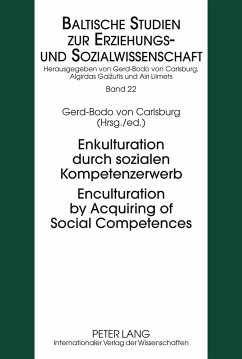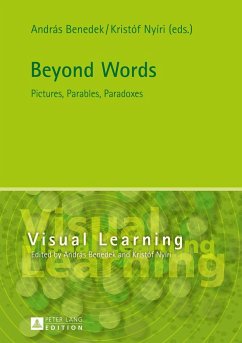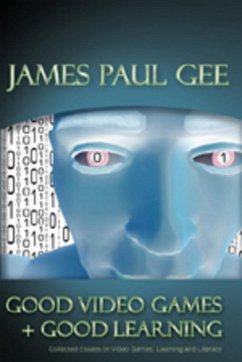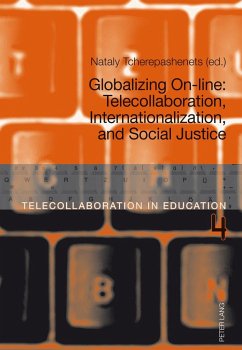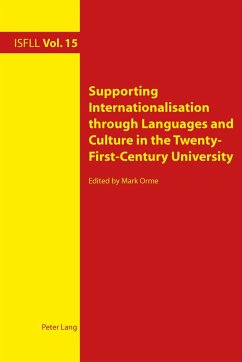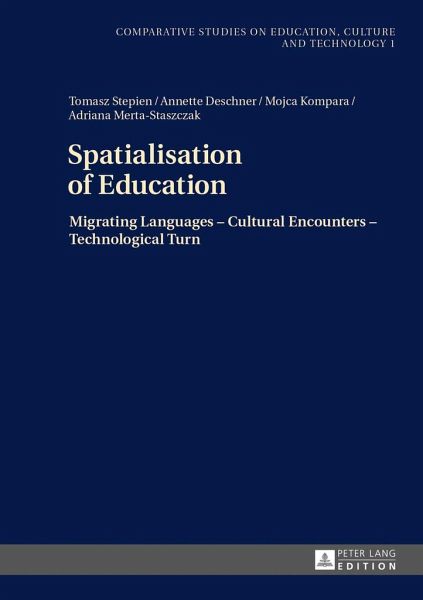
Spatialisation of Education
Migrating Languages - Cultural Encounters - Technological Turn
Versandkostenfrei!
Versandfertig in 6-10 Tagen
47,90 €
inkl. MwSt.

PAYBACK Punkte
0 °P sammeln!
In a knowledge-based society education and technologies appear as the decisive driving-forces of the development, and one of the most important challenges is the adaptation process of education adequately to the present societal and cultural changes. The following considerations extrapolate a multidisciplinary approach to the present conditions and circumstances of education, and are especially focusing on concerns such as the significance of technological development and the moral agency of technologies in the field of education, the questions concerning methods of languages and competences a...
In a knowledge-based society education and technologies appear as the decisive driving-forces of the development, and one of the most important challenges is the adaptation process of education adequately to the present societal and cultural changes. The following considerations extrapolate a multidisciplinary approach to the present conditions and circumstances of education, and are especially focusing on concerns such as the significance of technological development and the moral agency of technologies in the field of education, the questions concerning methods of languages and competences acquisition basing on the CLIL and e-learning methods, and finally the characteristic of engineers' education orientated on the interdisciplinary concept of the converging technologies.



